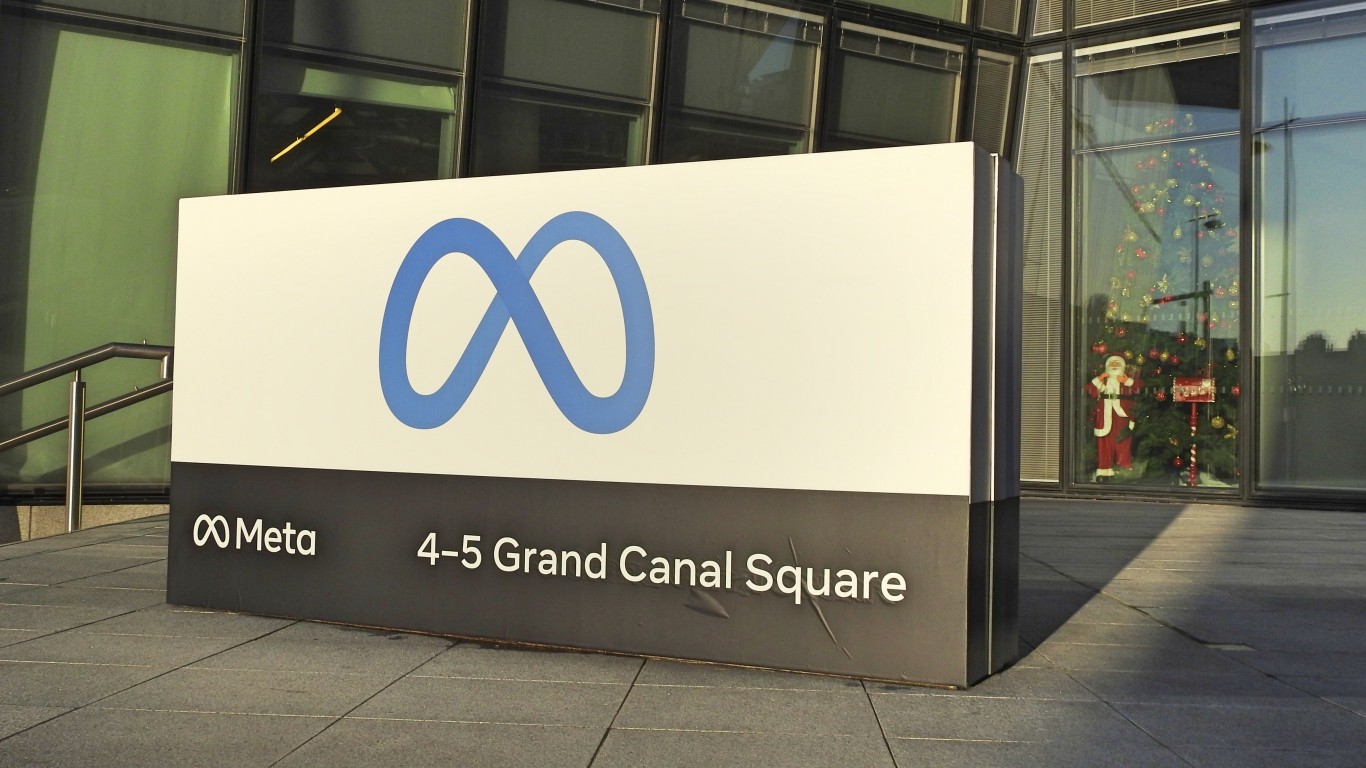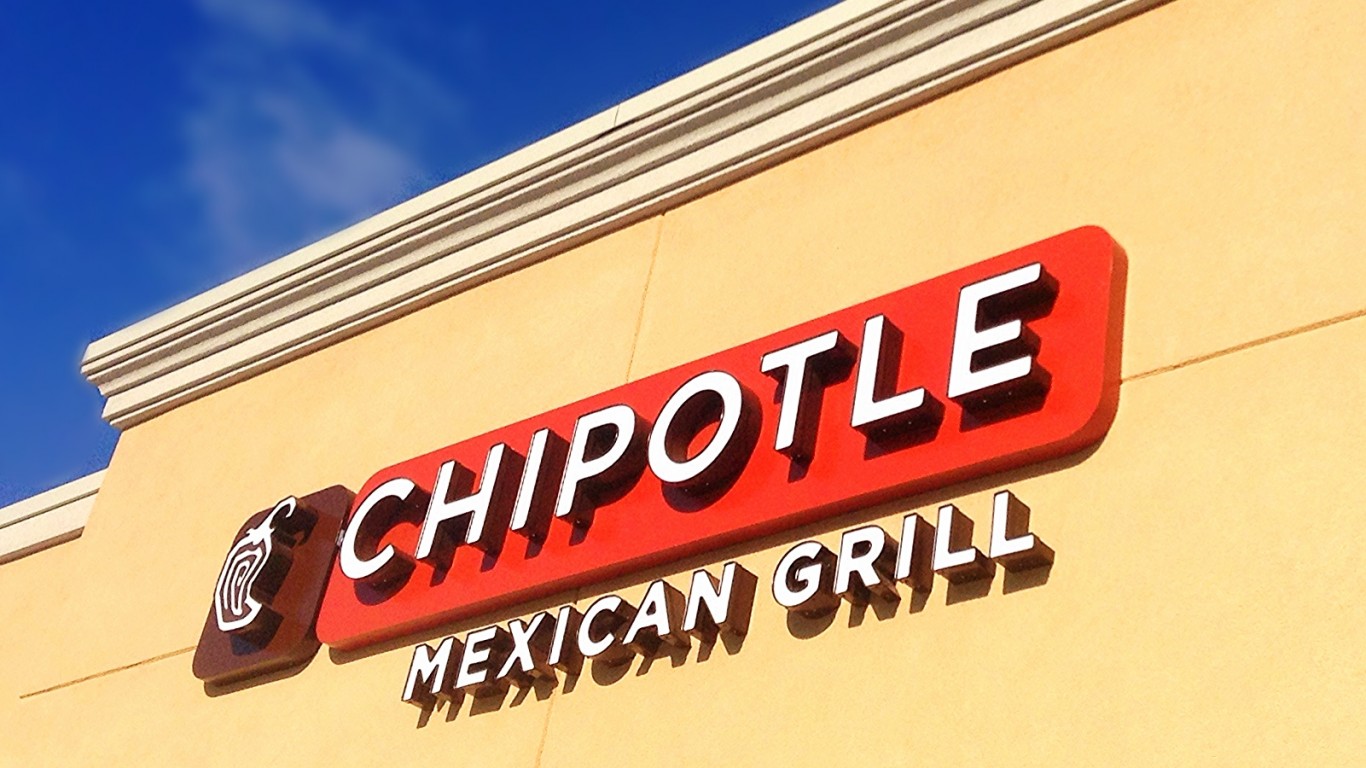Hewlett-Packard Co. (NYSE: HPQ) announced its fiscal first-quarter financial results Tuesday after the markets closed. After the lackluster report, analysts weighed in on this tech giant and gave their two cents.
The financials came in at $0.92 in earnings per share (EPS) on $26.8 billion in revenue, which compared to Thomson Reuters consensus estimates of $0.91 EPS and $27.34 billion in revenue. The first quarter from the previous year had EPS of $0.90 and revenue of $28.15 billion.
In the fiscal second quarter, HP expects EPS in a range of $0.84 to $0.88. There is expected to be a $0.09 per share drop due to currency exchange rates in the second quarter. Consensus estimates call for $0.96 in EPS and $26.78 billion in revenue for the second quarter.
Credit Suisse maintained an Outperform rating for HP but lowered its price target to $45 from $50, as well as lowering its EPS estimates. The magnitude of the reset is disappointing, but the firm believes that this is one-time in nature and the current weakness creates a great buying opportunity.
According to Credit Suisse’s report:
For fiscal first quarter of 2015, HP posted results essentially in line with estimates though revenues were light at $26.8 billion and the results were overshadowed by the reset to EPS. We note that the company attributed the weakness to currency. We lower our EPS to $3.63 from $3.98 fiscal 2015 and $3.81 from $4.20 in fiscal 2016 to reflect this headwind.
Currency played a big role in HP’s missed revenues. The company noted a $0.09 hit from currency in next quarter and $0.30 for the 2015 fiscal year, given that the company has 65% of its revenue exposure outside the United States. Credit Suisse believes this currency hit also will be a one-time instance.
ALSO READ: 5 Top Technology Buyout Candidates
Free cash flow (FCF) will be lower by 50% this year at $4 billion, considering separation costs, separation capital expenditures and foreign taxes, all of which will lower FCF by $3 billion.
S&P Capital IQ maintained a strong Buy recommendation for HP and cut its target price to $42 from $44. The firm cut earnings estimates to $3.63 from $3.96 per share for the 2015 fiscal year and to $3.80 from $4.15 per share for the 2016 fiscal year. S&P Capital detailed in its report:
HPQ posts Jan-Q operating EPS of $0.92 vs. $0.90, beating our $0.91 estimate. Sales fell 5%, below expectations, driven by lower printing and enterprise services revenue. The operating margin widened, aided by cost reductions. Despite the lower outlook largely due to forex headwinds ($0.30 impact in FY 15), we think turnaround efforts remains intact and see valuation as attractive ahead of its pending separation.
Merrill Lynch noted the negative impact of foreign exchange and maintained a Buy rating, while lowering its price objective to $45 from $47. The firm also lowered its 2015 fiscal year estimates to $3.66 from $3.94 EPS and $106.3 billion in revenue from $108.9 billion. The firm maintains that it is still attractive to own the stock before the split as the enterprise value of the separate companies added together is worth more than the combined enterprise.
The real question is whether the fundamentals of the company have changed dramatically. According to Wells Fargo, things have not changed that much in terms of fundamentals at HP. While there was some upside and downside variances across the different segments relative to Wells Fargo’s forecasts, the answer, in the firm’s opinion, is no.
ALSO READ: 5 Tech Stocks to Buy With Exposure Outside the U.S.
Wells Fargo lowered its 2015 fiscal year earnings estimate to $3.71 from $3.97 per share and its 2016 fiscal year EPS estimate to $3.85 from $4.16. The firm lowered its valuation range to $43.00 to $47.00 from $46.00 to $49.00.
Shares of HP were down about 10% at $34.71 in the first two hours of Wednesday’s trading. The stock has a consensus analyst price target of $42 and a 52-week trading range of $28.75 to $41.10.
Thank you for reading! Have some feedback for us?
Contact the 24/7 Wall St. editorial team.



